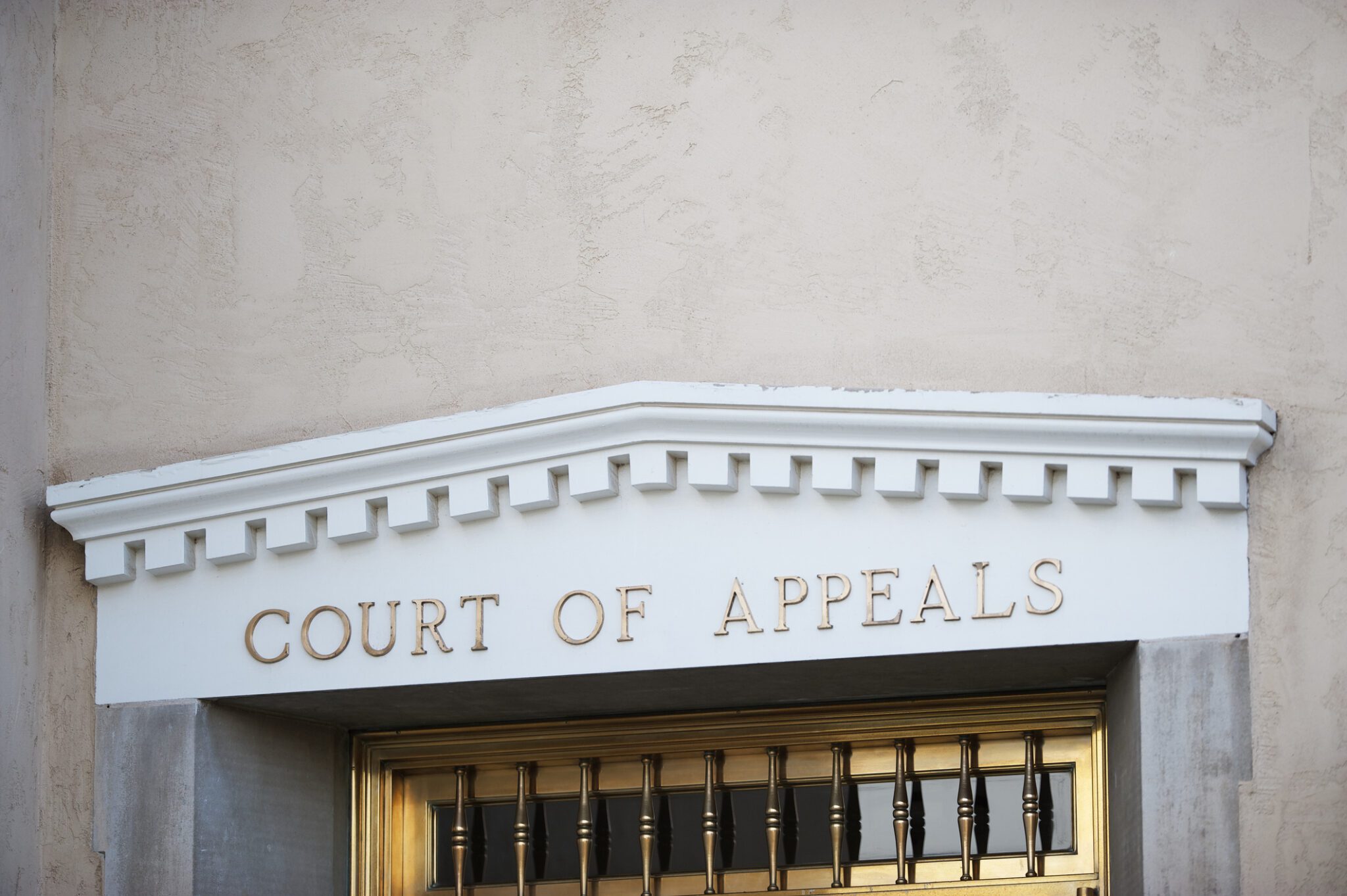The duty of fair presentation for non-consumer insurances, set out in the Contracts of Insurance Act 2024 (not yet in force), borrows heavily from the UK Insurance Act 2015.
The decisions of UK courts are important guidance as to how the 2024 Act should be construed. The decision of the UK Court of Appeal in Delos Shipholding SA v Allianz Global Corporate and Speciality SE [2025] EWCA Civ 1019 is the first detailed consideration at an appellate level of the meaning of “knowledge” for the purposes of the duty of fair presentation.
Background
Delos, a member of the NGM Group controlled by the Moundreas family, was the owner of the Vessel Win Win. The sole Director, President, Secretary and Treasurer of Delos was Evangelos Bairactaris (EB), a Greek maritime lawyer and registered member of the Piraeus Bar. It was established in the evidence before the trial judge, Dias J, that EG was no more than a nominee of the Moundreas family.
He was contractually obliged to act on their instructions and he neither exercised independent judgment nor made decisions. He was described by Males LJ as “a vehicle, as a matter of administrative convenience, for carrying out decisions made by NGM and the Moundreas family, by signing documents (typically documents drafted by his law firm in its capacity as the NGM Group’s external lawyers) in accordance with their instructions.”
In February 2019, in a dramatic change of policy, the Indonesian maritime authorities began to arrest vessels for unauthorised anchoring in Indonesian territorial waters. On 17 February Win Win was detained. Negotiations for her release began immediately, but were terminated in April 2019 when it became apparent that a bribe was required. Win Win was not released until 2020.
The insurance and the dispute
Win Win was insured against war and political risks. The Policy was renewed for the period 1 July 2018 to 30 June 2019. The sum insured was based on an agreed value of US$37.5 million. There was a deemed constructive total loss by way of deprivation of possession without likelihood of recovery if the “Vessel shall have been the subject of … detainment … for a continuous period of [six] months …” There was an exclusion for “Arrest, restraint or detainment under customs or quarantine regulations and similar arrests, restraints or detainments …”
The dispute and the judgment of Dias J
The insurers accepted that Win Win had been a constructive total loss within the detention clause, but they denied liability on four grounds: (1) the detention was not fortuitous because the Master had voluntarily anchored in Indonesian territorial waters while aware of the risks; (2) there had been a failure to sue and labour; (3) the Policy exclusion applied; and (4) the Policy could be avoided for material non-disclosure in breach of the duty of fair presentation. On this final point, the Insurers pointed to criminal charges brought in Greece in March 2018 against EB, accusing him of organised crime and drug trafficking. EB denied the charges and he had not been prosecuted. However, the Insurers claimed that the charges were material facts and should have been disclosed.
In proceedings brought by the owners, Dias J rejected these defences. There had been a fortuity and Delos had acted reasonably in attempting to secure the release of Win Win and refusing to pay a bribe. The exclusion on its proper construction did not apply. Finally, there had not been a breach of the duty of fair presentation because Delos did not have the knowledge required for disclosure. The owners’ claim for damages for late payment (under the UK equivalent of CIA 2024, s 66) was, however, dismissed.
The Insurers sought permission to appeal on two issues: the meaning of the exclusion; and whether the Claimants had the relevant knowledge of the charges against EB for the purposes of the duty of fair presentation. The appeal was dismissed by the Court of Appeal.
The exclusion may be dealt with briefly. It was not disputed that the seizure had not been “under customs or quarantine regulations”, and the only question was whether the seizure was for “similar” reasons. That was not the case. There was no similarity between seizure for smuggling or public health grounds and the present seizure which was simply an exercise in maritime sovereignty.
Fair presentation
Under CIA 2024, replicating the UK Insurance Act 2015, a policyholder is required to disclose what the policyholder knows and what the policyholder ought to know.
By section 38 of the 2024 Act, so far as relevant to the present case, a corporate policyholder knows “only what is known to one or more of the individuals who are .. part of the insured’s senior management …” The term “senior management” is defined by section 36((2)(c) as “those individuals who play significant roles in the making of decisions about how the policyholder’s activities are to be managed or organised.” The Court of Appeal held that there was no actual knowledge imputed to Delos within these provisions. EB, despite his titles, did not constitute senior management of Delos. It was necessary to identify the policyholder’s activities, to identify the individuals who made decisions about how those activities were to be managed and organised, and to consider the significance of each individual’s role in such decision-making. Delos was the owner and operator of Win Win and EB simply did as he was told. Although he signed documents, he made no decisions about them. Importantly, the Court of Appeal rejected proposition that the sole director of a corporate insured with no employees would always be part of the company’s senior management.
As regards what a policyholder ought to know, section 40(1) of CIA 2024 provides that a policyholder ought to know “what should reasonably have been revealed by a reasonable search of information available to the policyholder (whether the search is conducted by making enquiries or by any other means).” The common law required disclosure only of what the policyholder actually knew or chose to ignore, so that the “reasonable search” is an important innovation and extension of a proposer’s duties. The Court of Appeal held that on the facts of the present case Delos had not been required to ask EB whether he knew of any circumstances which might affect the risk, given that he had no operational role or function regarding the trading of the vessel and her insurance. Such a question would have been pointless. Accordingly, there had not been a failure to make a reasonable search.
Comment and three unresolved issues
Delos is very much a case confined to its facts. The use of a sole nominee director whose function is purely to obey instructions may be common enough amongst the maritime community which operates on the basis of a network of one-ship companies under common control, but it is unusual in other contexts. In most situations it will be at least difficult to establish that a director is not part of the company’s senior management, so that a defence based on lack of actual knowledge will fall at the first hurdle. As far as constructive knowledge is concerned, in most cases a reasonable search will necessarily encompass seeking information from directors responsible for the conduct of the company’s affairs. The Delos decision is not, therefore, of general application. However, there are three aspects of the decision that are of wider significance.
The first is whether section 40(1) is objective or subjective. What is a reasonable search is plainly objective, but it is less clear whether the assured is treated as knowing the facts that an objective reasonable search “would” have revealed or whether the assured is treated as knowing the facts that an objective reasonable search “should” have revealed. If the latter was correct and the test was objective, then a policyholder who made a reasonable search could nevertheless be fixed with knowledge of facts that the search did not actually reveal but should have done so. The Court of Appeal was of the provisional view – in the absence of argument on the point – that a wholly objective test would be “unfair, and contrary to the purpose” of the legislation.
The second is the operation of section 48 of the 2024 Act, under which an insurer has a remedy only on proof that it would not have entered into the contract of insurance at all or would have done so only on different terms. Dias J favoured a test for inducement that encompassed hypothetical counterfactuals. The counterfactual was that if EB’s charges had been disclosed then the insurers would have insisted upon his removal as director and Delos would have complied. Accordingly it could not be said that, even if Delos had possessed the relevant knowledge, the insurers would have refused coverage. The insurers challenged this reasoning. The Court of Appeal found it unnecessary to rule on the point, but expressed the view that there was nothing in the Act to call for investigation of any further counterfactual once the insurer had stated its terms. If the argument was correct, an assured could be better off by breaching the duty of fair presentation and then saying that it would have complied with any condition which the insurers would have imposed had there been full disclosure.
The third is the meaning of the requirement in section 31(1) of the 2024 Act to disclose “every material circumstance”. Dias J had been of the view that materiality encompassed not just the fact withheld but surrounding facts. Thus, if the charges against ED were material, the facts that he denied the charges and had not been prosecuted would have been relevant as exculpatory evidence. The point was argued although not discussed in the judgment, but the transcript of the hearing shows that the Court of Appeal was strongly supportive of the relevance of exculpatory evidence as affecting and potentially eliminating an assertion of materiality by insurers.
Disclaimer: The content of this article is general in nature and not intended as a substitute for specific professional advice on any matter and should not be relied upon for that purpose.





